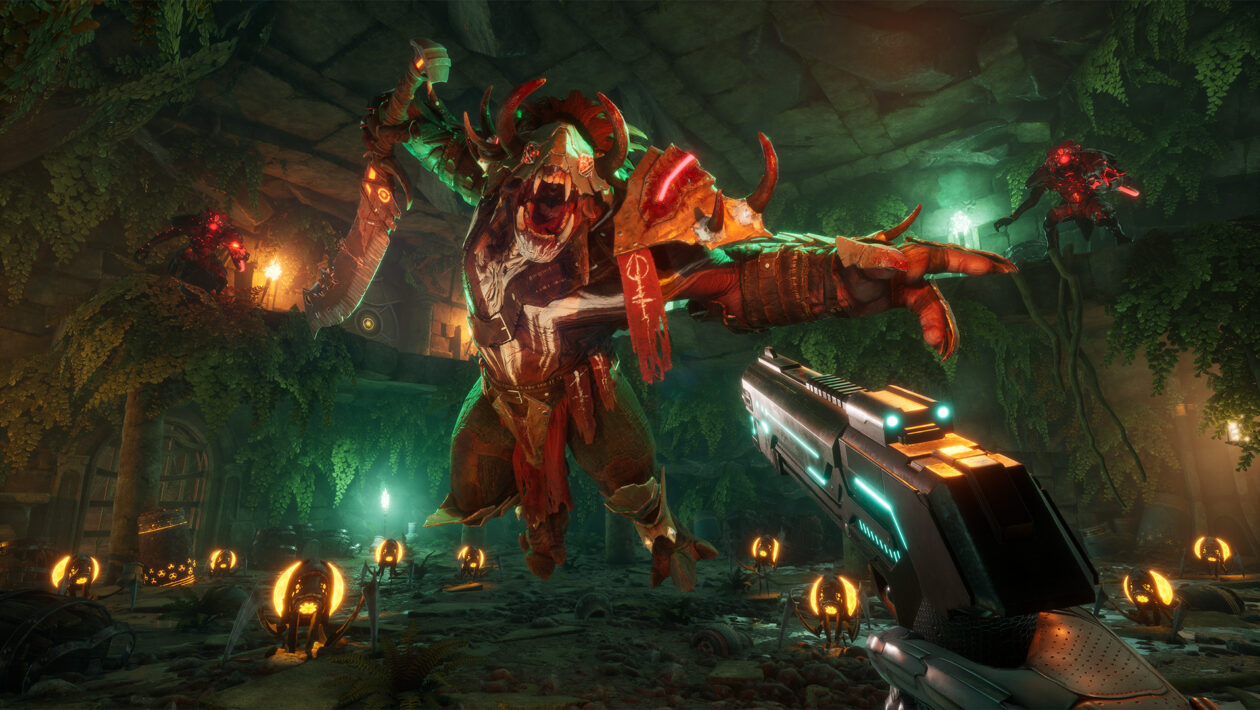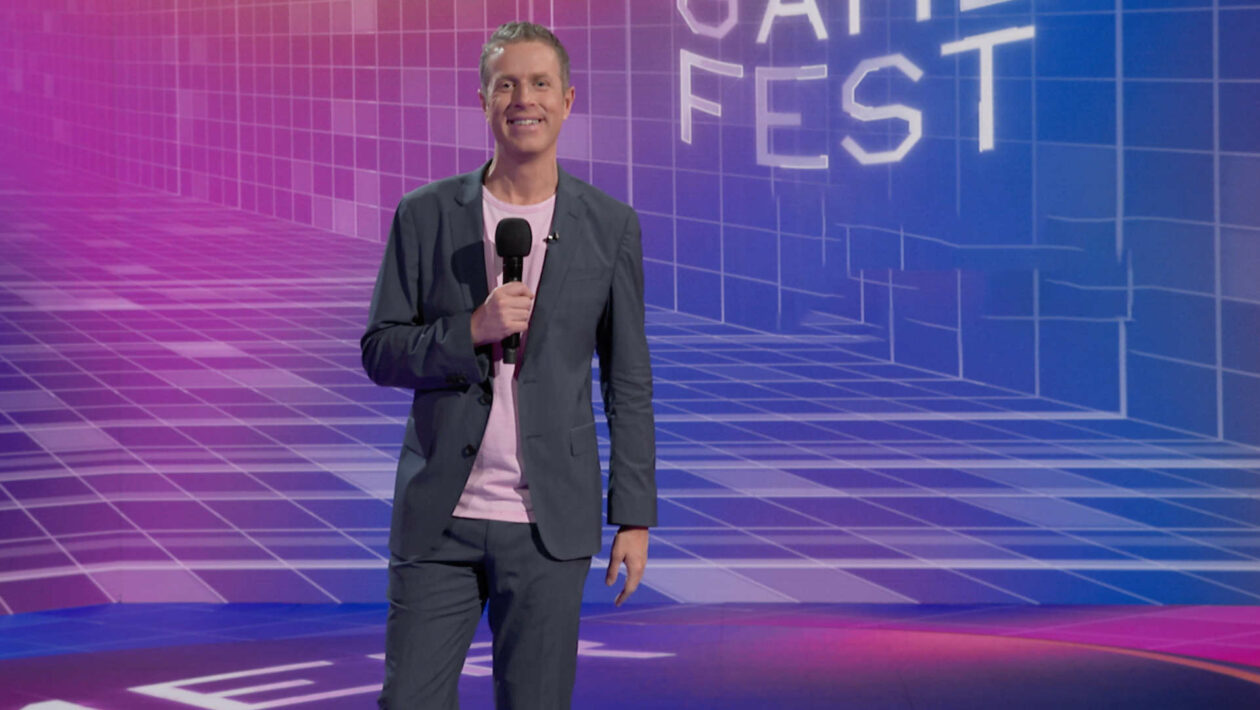Svoboda 1945 – -apkrig
But that’s not how human nature works. No paradise on earth will be built.
Instead of massacres. Instead of relocations. Instead of robbery and looting and revenge and greed, an eye for both eyes, a tooth for all teeth, if they are golden, I will keep them in my pocket. We’ll deal with the strangers first. When it’s over, we’ll pounce on the neighbors.
This is the story of Svoboda 1945, a Czech educational game whose name can be taken literally – but even more so it reflects the bitter irony of history.
Monument and witnesses
Svoboda 1945 was created by authors from the Charles Games studio composed of students and academics of Charles University and their collaborators – the same team that published the award-winning Attentat 1942 four years ago. abroad. Svoboda 1945 in his work, in the task of informing, impressing and explaining, continues.
This time, the players find themselves on the Czech border, in a Sudeten village called Svoboda, where they come as a conservationist to find out if the local school building is worth preserving or can be demolished by a local ambitious businessman. The year is 2001, but not even half a century has been enough to heal the deep wounds of war that the locals carry with them to this day.
It is in conversations with the inhabitants of the village that lies the first significant activity that you will engage in in Svoboda. Don’t expect any 3D models, they are played by live actors – you choose questions from several options, they respond appropriately and the result is something like an interactive documentary.
Because you ask witnesses, they are almost exclusively people of retirement age. A former soldier who 50 years ago as a young soldier helped with the “repatriation” of Sudeten Germans. An displaced German who returns to where she was born after years. The son of a communist official whose father terrorized the surrounding farmers in the 1950s. Volhynian Bohemia, which went through the hell of the Dukelsky Pass and moved into an empty farmhouse after the expelled collaborators.
They all offer completely different perspectives on what happened 50 years ago. Some are a little ashamed of the atrocities that once occurred in the village, but at the same time claim that it was not possible otherwise. Others don’t feel a hint of guilt, and if they could, they would drive them out again. And all that was left was a confused, half-forgotten horror, an incomprehensible groping of a child who had no idea why he would never see his parents, his home, his toys, or his dog again.
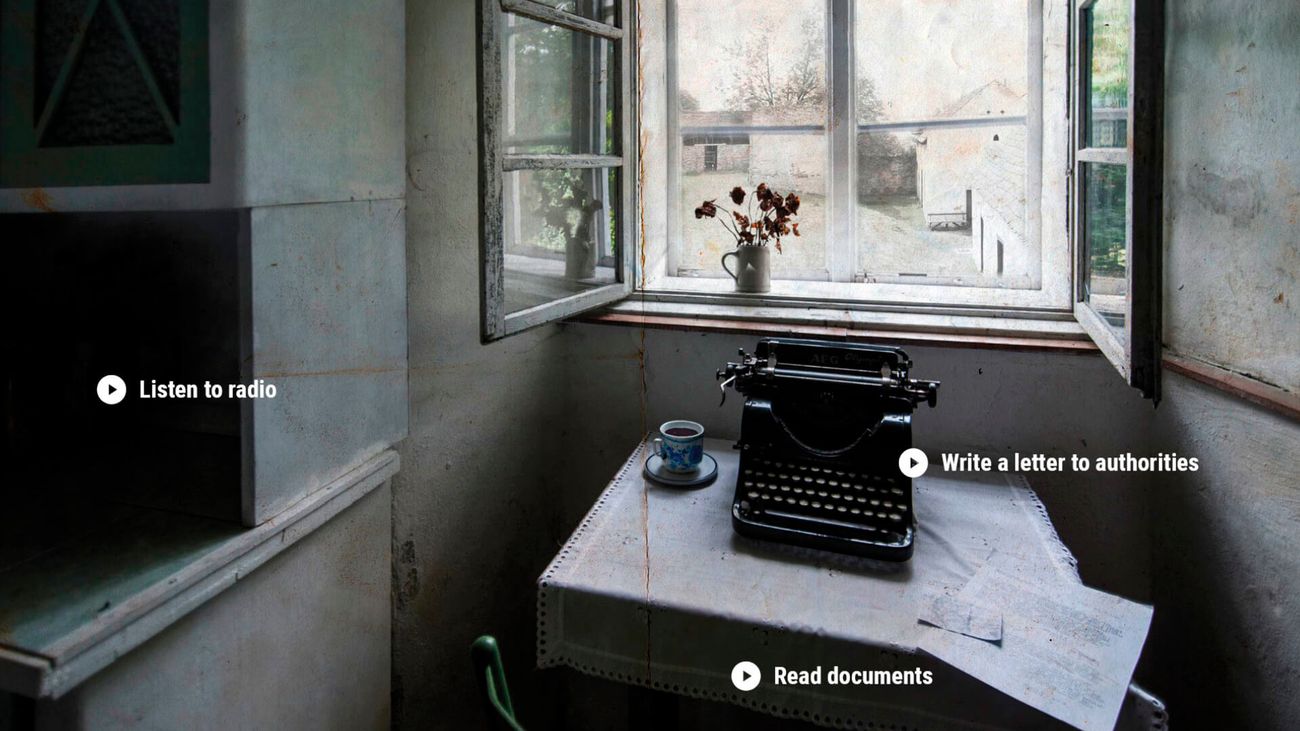
The acting performances are excellent and represent the biggest shift compared to Attentat, where non-actors deliberately performed in interviews. This time the professionals stood in front of the camera and the result is fantastic. The characters are full of emotions, their reactions and stories are in most cases not playable.
I would be able to listen to the wrinkled Volyn Wolf and his obvious, smiling story about the horrors of war with beer all evening. I would punch a heartless landowner if the game didn’t make me understand why he was who he is. Perhaps only Mrs. Anna Grötschel could have brought a more convincing accent from Germany, but she would make up for it with the incredible power of her memories.
Memories that you play yourself, because Svoboda 1945 is not an interactive documentary, but an educational game. And the elements that most resemble a classic computer game can be found in the past. Interviews with old men and old women take you back to the 1940s and 1950s, to black-and-white comic book styling, where you no longer have to rely on vague, decades-old narration, because you will experience everything yourself.
On the eve of the 1946 election, you play eye-catching with the men in the pub and argue over whether the Communists are saviors or a threat. You will try to defend the farm from nationalization, plant and harvest and invest, while the team puts more and more pressure on you. You will pack 50 kilos of what will be your only property on a long journey to a foreign country, and you will leave the most valuable thing to Czech scavengers.
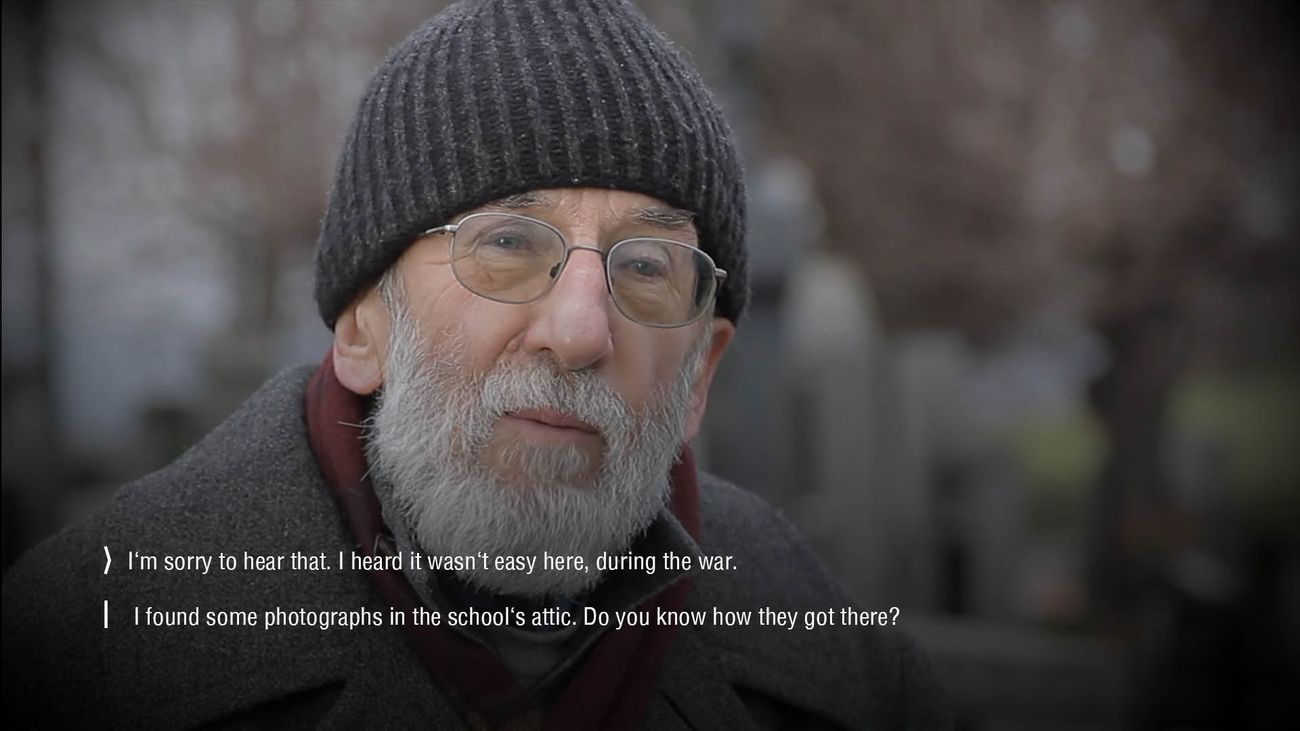
They are not complicated minigames, you can’t explicitly lose them, but they will penetrate your skin more reliably than a straightforward story could. The simple message “I wanted to wear a great fur coat, but I was not allowed to” evokes a different feeling than when, after a long deliberation, you choose the fur coat yourself from all the things in your soon-to-be former house and find out that you are unlucky. That it is a valuable that is now the property of the Czech nation.
Episodes about relocation are generally the most daunting – I wrote it in my two-year-old preview, I’m still writing it. Over the years, I’ve been used to watching computer games from a neutral height, a little against my will, sitting on a tower built of bricks of apparent objectivity. But when Svoboda let me watch the children say goodbye to what they know, without realizing that they are actually saying goodbye, as they say to their dog, let him be worthy to return for him soon, without realizing that they are lying. , I sat on the ground with salt in my eyes and searched in vain for bricks in the rubble of the crumbling tower.
As for the general, society-wide context, foreign and domestic political influences, events in government corridors, a lecture or document would serve you better as educational material. But in Svoboda you will penetrate history more personally. You bring the camera closer to a few people, talk to them, become them, find yourself in the crater on Dukla and on the Prague armored train and on the bloody soil of the old school and on the edge of the grave for the victims of the death march. And this is valuable, all the more valuable because the connected minigames will retain children’s and adult attention, which could easily dissipate in the case of another media format.
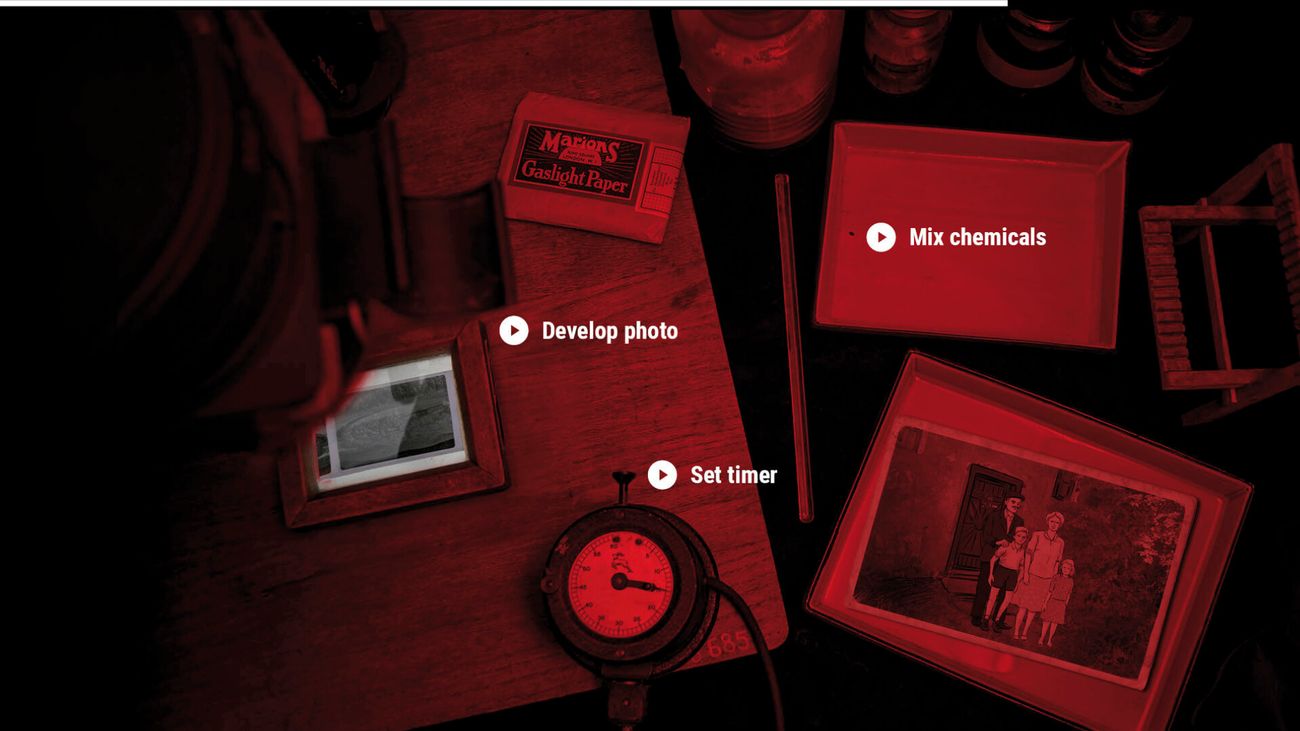
Four games in one
At Svoboda 1945, apart from the little things that will be discussed, I am actually bothered by one thing: I would like more and the game will not give me more. I would like the characters to tell me three times as much about me so that I can ask them more and more details, so that I can suck in some additional perspectives and nuances, so that the memories are longer, so that I can immerse myself in all those happy and tragic destinies through more than just six minigames.
I would like, for example, if a farm episode, so brilliantly creating a sense of frustration, the struggle with the windmills, on which a Soviet star rotates instead of blades, began earlier. Oppression by the Communists begins almost immediately, without being able to experience what it was like in the good old days of prosperity, during the First Republic. Turn on the light – and the shadows will be all the more impenetrable, the collapse of life all the more shocking.
In fact, I can imagine that three or four different games could be created on the thematic foundations of Freedom 1945. One would deal with the last battles with retreating Nazi fanatics, dealing with the first savage expulsions, massacres of German soldiers and civilians, extrajudicial killings without rules and without the blessing of the authorities. The second would focus on the uncertain years when democracy was still functioning in post-war Czechoslovakia, but red clouds were already shifting and state machinery was also involved in the repression against former fellow citizens. The third would throw the player into the republic in the official rule of one party, into the era of collectivization and callous Stalinism.
Svoboda 1945 will touch all this – he will stay with something longer, but other times he will hurry on very quickly. And I understand that, resources are limited, the subject is sweeping. In short, I can’t get rid of the longing idea that this extremely talented team could tell in an area of fifteen hours, not three or four.
It should be added that the game is certainly not abbreviated in terms of learning potential. By playing, you unlock new and new entries in the local encyclopedia, where you can read a lot of other information on each topic, which a character only briefly mentions in a conversation. Of course, this loses the emotional immediacy that adorns the rest of the game, but it’s also a far better way to get to the facts and details than if one had to look them up somewhere on Wikipedia.
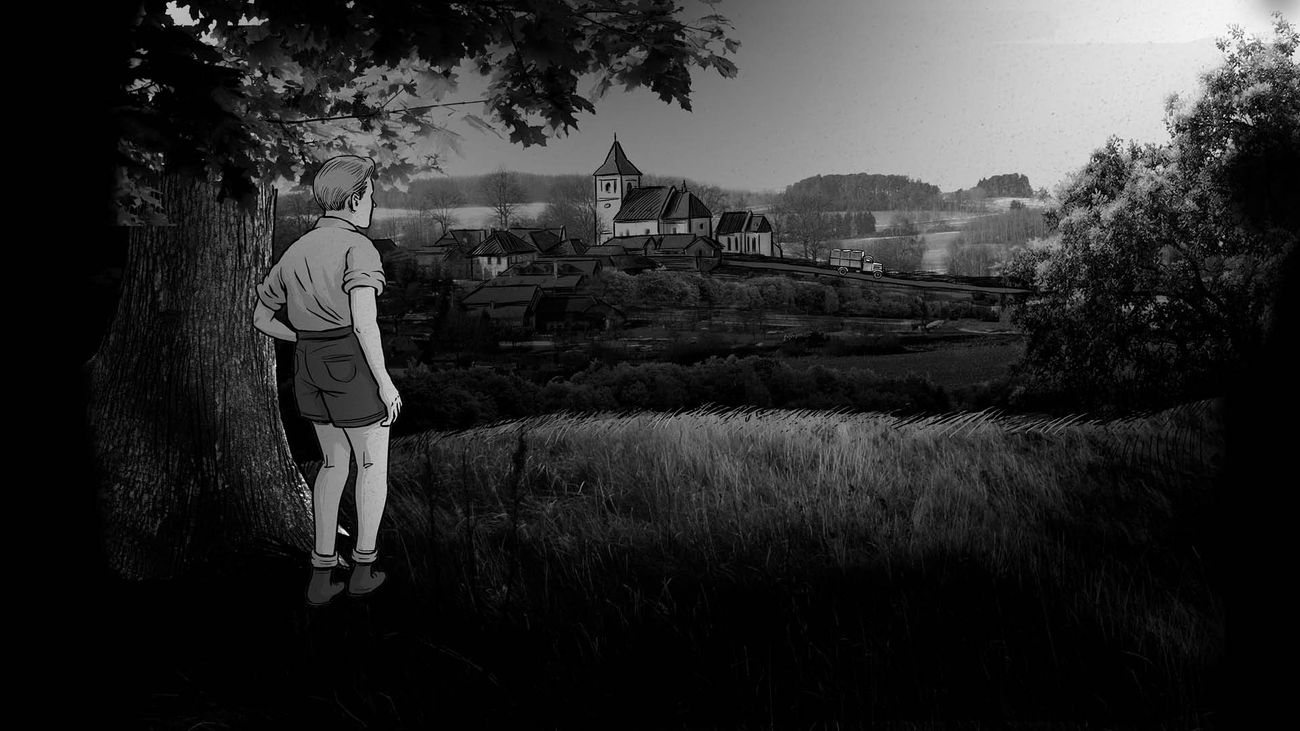
Anticlimax
So my biggest pain is actually something between reproach and praise, the phrase: “It’s so good that I would add twice!” Would certainly please our cooks from the school canteen very much. But since I have at least partially glued my press tower with mortar, I have to shout another piece of criticism to the world from its rest area. And that is the central mystery.
Our dear conservationist will find an old photograph of his grandfather in the uniform of the revolutionary guards on the attic of the old school. Which is weird, because as his subsequent phone call with his mother reveals, Grandpa never talked to anyone about such an experience. And so we suddenly have two main motivations – to evaluate the status of the school as a monument and find out what God did your ancestor did here.
I’ll write it the way I experienced it: The second line leads nowhere. Respectively, it only leads to relatively banal findings that offer nothing like a solution, or perhaps even a fundamental reversal. Yes, it’s quite realistic – behind every old photo there doesn’t have to be a detective case like for Poirot. But that would be satisfactory cannot be said.
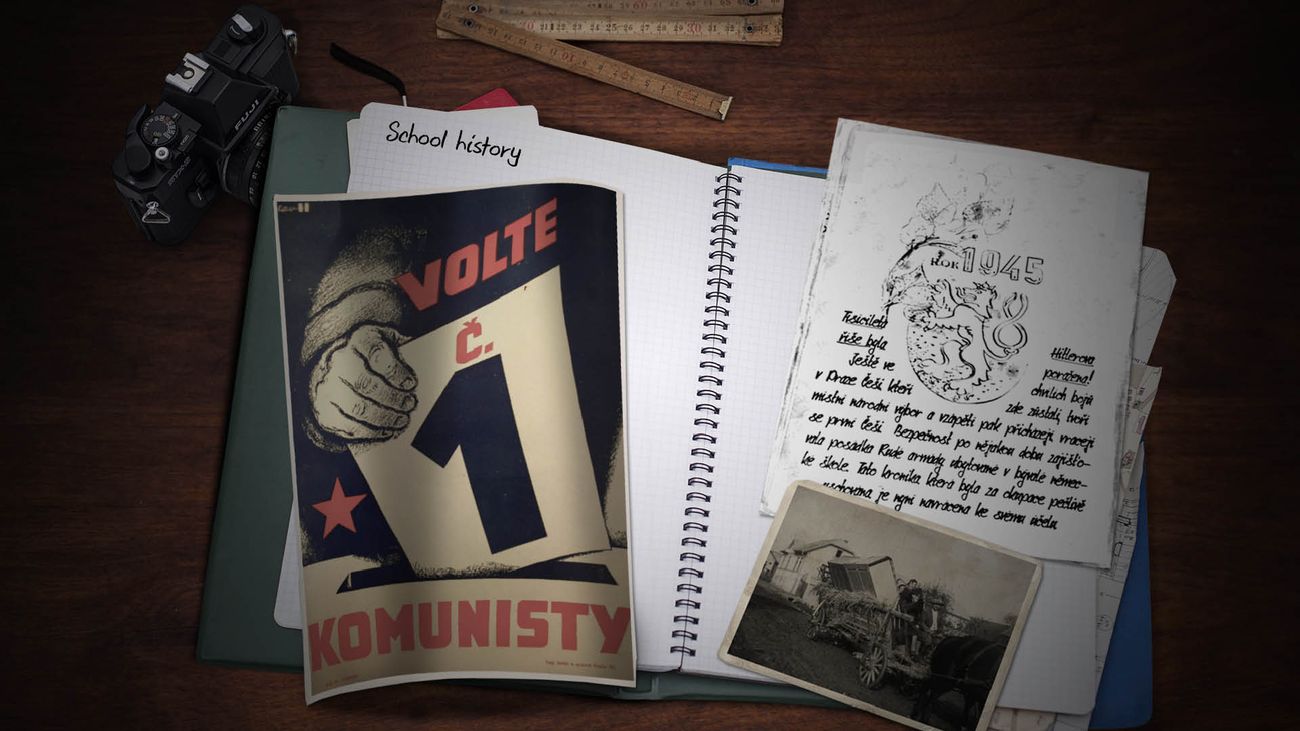
It’s possible that the dialog choices I made led me to a dead end – parts of the game can be locked depending on how you behave and what you’re asking, and you’ll probably play more than once to complete everything the game has to offer. Nevertheless, especially in contrast to the well-constructed script of the other characters, my grandfather’s secret disappointed me somewhat.
The rest of the game did not disappoint. Svoboda 1945 is touching, informative, entertaining, professionally processed and offering various views on an extremely sensitive, controversial period in Czechoslovak history. If it was more sweeping and fuller, if it could take longer to stop on some fascinating topics and patiently explore them, I would be even more excited, but that doesn’t change the fact that an exceptional work has once again been created on our game scene.


